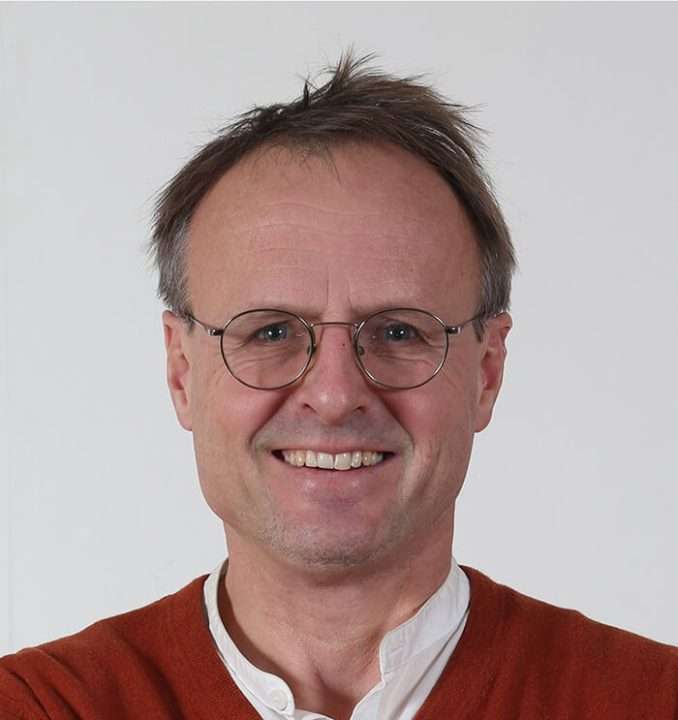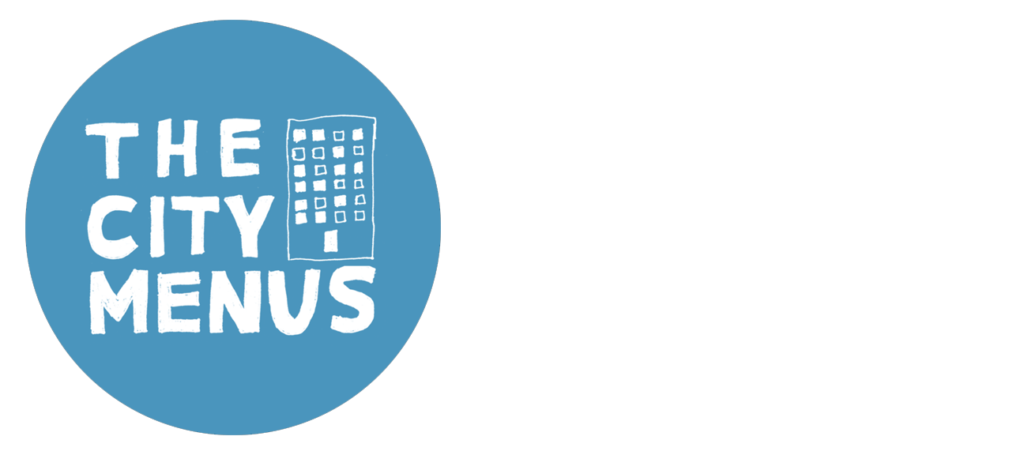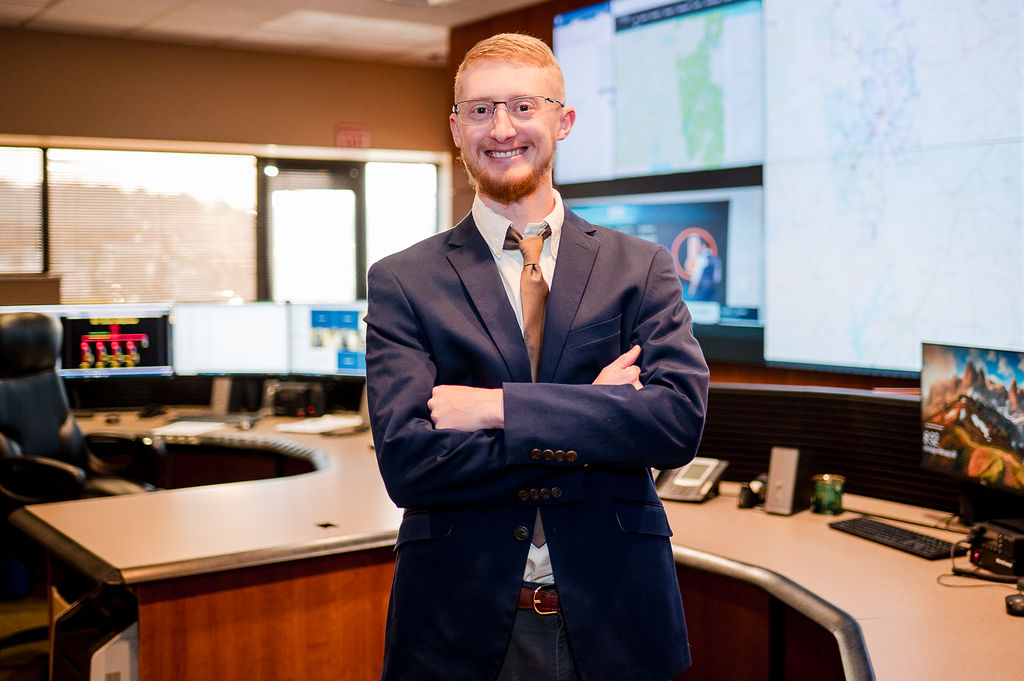
Life is too short for boring websites.
That very well could’ve been University of West Georgia alumnus Dr. Håkon Wium Lie’s mantra back in 1994 when he started working at the European Organization for Nuclear Research (CERN), also known as the birthplace of the world wide web. The internet was in its infancy, and Lie realized one crucial aspect was missing: the ability to transform a simple and plain web page into a visually captivating masterpiece.
But long before he gave the internet its flair by inventing cascading style sheets (CSS) – a programming language that defines colors, fonts and typography – Lie was a high school student in Halden, Norway, when he participated in a program where high school students spent one week in a work environment. In his case, at a college that had an Apple II computer.
“It was 1980, only a few years after the machine had launched,” Lie recalled. “There weren’t many home computers at the time, so I was lucky to discover it. That week changed my life. I’ve been fascinated by computers ever since.”
When he actually enrolled in college, computer science was an obvious choice for a major.
“Computers are fascinating devices that influence our lives,” Lie explained. “This was true in the 1980s and even more so today. When I first discovered computers, I learned to program colored pixels on the screen, to create games and such. But I also wanted a more theoretical understanding of how computers work.”
Lie attended Østfold University College until he heard about a scholarship program sponsored by Rotary International in which foreign students were invited to study in Georgia. Along with 10 other Europeans, Lie enrolled at then-West Georgia College from 1986-87.
“It was a generous initiative, which changed the lives of many people for the better,” he shared. “I had a wonderful host family in the Rotary Club of Clayton County, and I discovered American life by participating in their many events.”
While on campus, Lie lived in Tyus Hall, which he recalled having a good mix of students. He made many friends, several of whom became lifelong friends, and enjoyed the year academically – specifically the courses in American history and various scientific principles. Since it was his senior year, it also meant he needed to complete the math classes he’d avoided for years.
“I struggled in math, especially in the Discrete Structures course,” Lie confessed. “One of my classmates was a young high school student who took college-level courses. He was very modest but aced every test. I learned it’s important to meet people who are smarter than yourself. It helps put things in perspective.”
After earning his bachelor’s degree, Lie attended the Massachusetts Institute of Technology’s Media Lab, where he attained his master’s degree in visual studies in 1991. Three years later, he was working at CERN with Tim Berners-Lee, who created HTML, a programming language used to describe the structure of a web page.
“At that time, the web was only a research project that was developed with basic concepts in a period of frantic creativity,” Lie said. “I felt it was important that we create visually compelling environments on our screens, so I tried to fill one of the gaps in need of attention – style sheets. It’s been almost 30 years since I first developed CSS, but I’m happy to see that it’s still being actively used and developed further.”
Lie went on to join the World Wide Web Consortium in 1995 and served as CTO of Opera Software from 1999 to 2016. Over the years, while working through evolutions of CSS specifications, he has been an activist for web standards in general.
Recently, Lie has continued his activism, sailed to Easter Island on a balsa-wood raft, acquired a pipe organ workshop and won the Norwegian apple cider championship via his orchard, Soli Eplegård.
For the foreseeable future, Lie believes the web will continue to be a place where knowledge, news and entertainment is collected. One recent trend that has him perplexed, however, are AI chatbots, such as ChatGPT.
“Like many, I’m baffled by the sudden leap ChatGPT has shown us,” he observed. “I’m an optimist and believe we can harness the technology for good. One interesting application would be to have robots help settle minor disputes between humans versus tying up the courts. If computers are given access to laws and verdicts, they could help suggest solutions at early stages.”
Almost four decades later, Lie said he’ll forever remain grateful to UWG, which helped open doors to what he accomplished later in life.
“UWG was a bridge to America, both to its culture and education system,” he concluded. “My bachelor’s degree was a prerequisite for applying to MIT, but my year at UWG was much more than fulfilling a requirement. It was a highly rewarding experience.”





